Born in Bolpur, West Bengal, India • Birth year 1999 • Studies Mathematics at Purdue University in West Lafayette, Indiana, USA • Highest Degree ongoing Bachelors of Science • Lives in West Lafayette, Indiana, USA • Occupation Student Researcher and Undergraduate Student
I always loved how neat math was. No matter the problem, the answers seem to come with a simple number. After taking partial differential equations and numerical analysis courses, it seems so silly now, the subject is anything but “neat”. It is complex, chaotic, and elegant, but what I have come to appreciate is its beauty, its ability to explain the world around us.
When I imagined a mathematician, I thought of an old man sitting in a flickering candle-lit room with melted wax and papers strewn around on an old wooden table. What did that really mean in the era of supercomputers, high-speed trains, planes and rockets?
As a child, I never really thought of being a mathematician as a job to pursue. I mean, to be fair the greats that I knew of only existed in Ancient Greece or Rome. When I imagined a mathematician, I thought of an old man sitting in a flickering candle-lit room with melted wax and papers strewn around on an old wooden table. What did that really mean in the era of supercomputers, high-speed trains, planes and rockets?
[..], I took the route of role models like Howard Wolowitz from the Big Bang Theory and Dr. Amelia Brand from Interstellar, and chose a degree in Aerospace Engineering.
So, when I had to choose a degree to study, I took the route of role models like Howard Wolowitz from the Big Bang Theory and Dr. Amelia Brand from Interstellar, and chose a degree in Aerospace Engineering. When I entered, I was excited by the engaging new problems I would learn to solve – whether it was in understanding rocket propulsion or in the use of orbital mechanics within navigation. However, instead I became bogged down with solving mundane structures and material problems. Moving into my sophomore year, classes did become more interesting with my first fluids and orbital courses. Every time I stepped into an engineering classroom, I felt a sense of excitement in understanding the fundamental equations, rather than the applications to real-world problems.
While I had once run away from engineering, I found myself right back to where I began, but instead I was in the role of a mathematician.
I reflected on my prior math courses, thinking about how I would apply these geometric properties and analysis techniques to problems that I had been introduced to in my aerospace courses. I knew it was time for a change, so I switched gears to classes like complex analysis, partial differential equations, and introduction to proofs. I was hooked. Around the same time, I had my first laboratory experience in mathematics. I spent the summer working on neural networks to reduce the loss from the 2D approximations to the advection-diffusion equation in transport phenomena. It was one of the hardest learning experiences, coming in with very little knowledge of Deep Learning, but the hours spent on literature reviews seemed less like work and more like unravelling my favorite mystery novel. This was the moment in which the puzzle pieces of all my interests across engineering and mathematical disciplines clicked. So when I finished my summer project, I immediately looked for new opportunities in applied mathematics, and I was fortunate enough to find a supervisor in the Electrical and Computer Engineering department to work on Finite Element Methods and the Schrödinger equation. While I had once run away from engineering, I found myself right back to where I began, but instead I was in the role of a mathematician. My supervisor has helped me find confidence in my abilities and given me the opportunity to take lead on my first project, and is the reason I have found the confidence to apply to applied math MS/PhD programs for fall 2022.
I had women like Katherine Johnson to look up to, but she was merely a role model, not an individual I could tangibly connect to.
While I have been undoubtedly lucky to be surrounded by amazing mentors, the lack of women mathematicians and engineers did not go unnoticed. I found my experiences to be hardly unique. When talking to a good friend in the math department, I found that she too had been the only woman in her math classes. In four years, I had only had one woman math professor and one woman graduate student that supervised my research. In my graduate and advanced courses, I was one of two or maybe three women students. The world had long moved away from the old man in the candle-lit room, but the representation of women in the industry was grossly underdeveloped. Looking at research faculty in the graduate programs I applied to, I found the representation to be quite similar. I had women like Katherine Johnson to look up to, but she was merely a role model, not an individual I could tangibly connect to. She seemed just as far remote as the Greek greats.
Inequality seems to be quite an abstract notion and equality just an idealized concept, existing only in philosophical treatises. To encourage more women to pursue a career in academia and research, we must begin by creating real mentor-mentee relationships that go far beyond the professional. Only through this tangible bond can we expect to see true equality in every field, including this complex and elegant language we hold so close and I sincerely hope that one day the word mathematician comes with an image of a woman and a man working side by side in a world intertwined with modern technology.

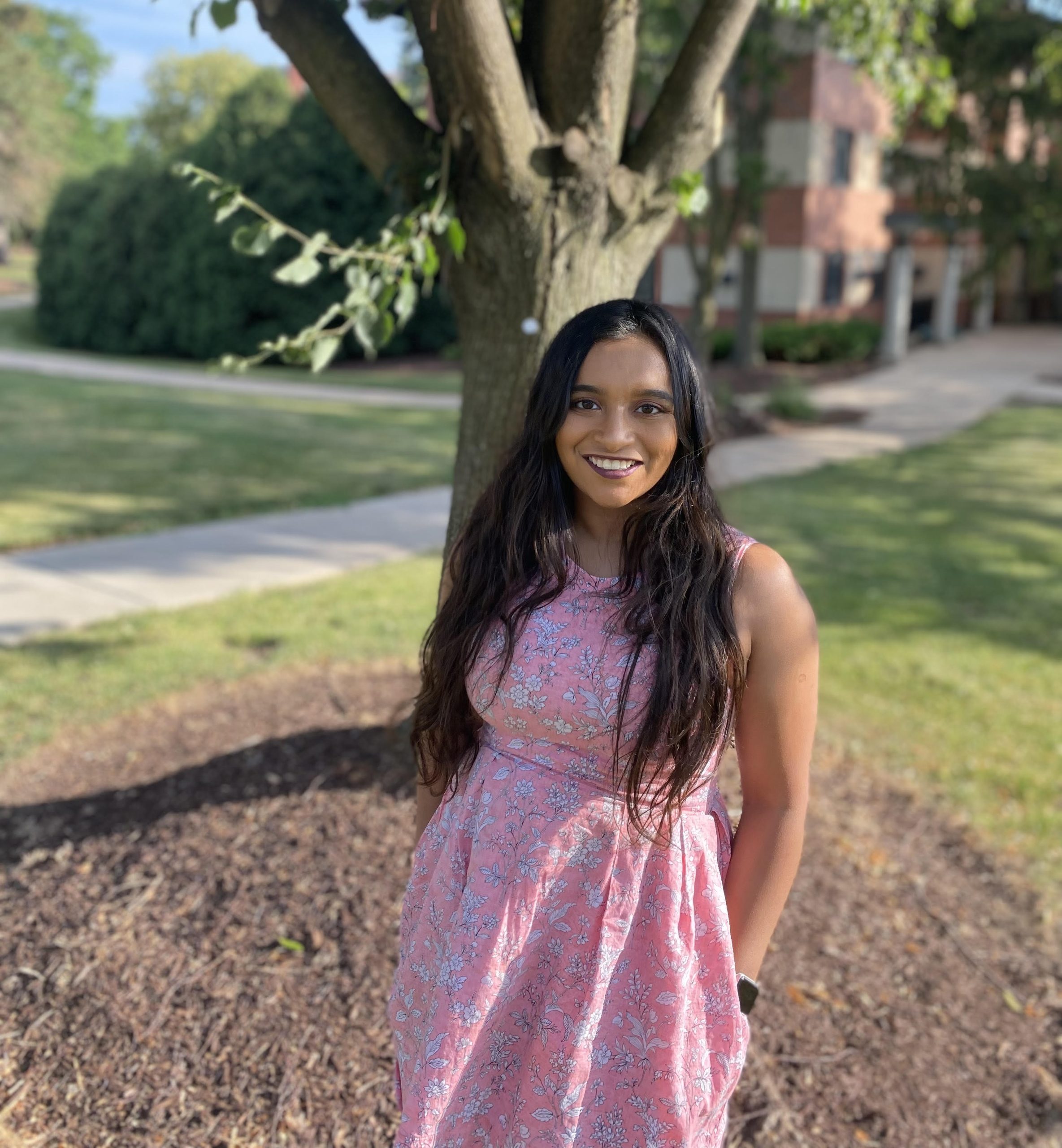
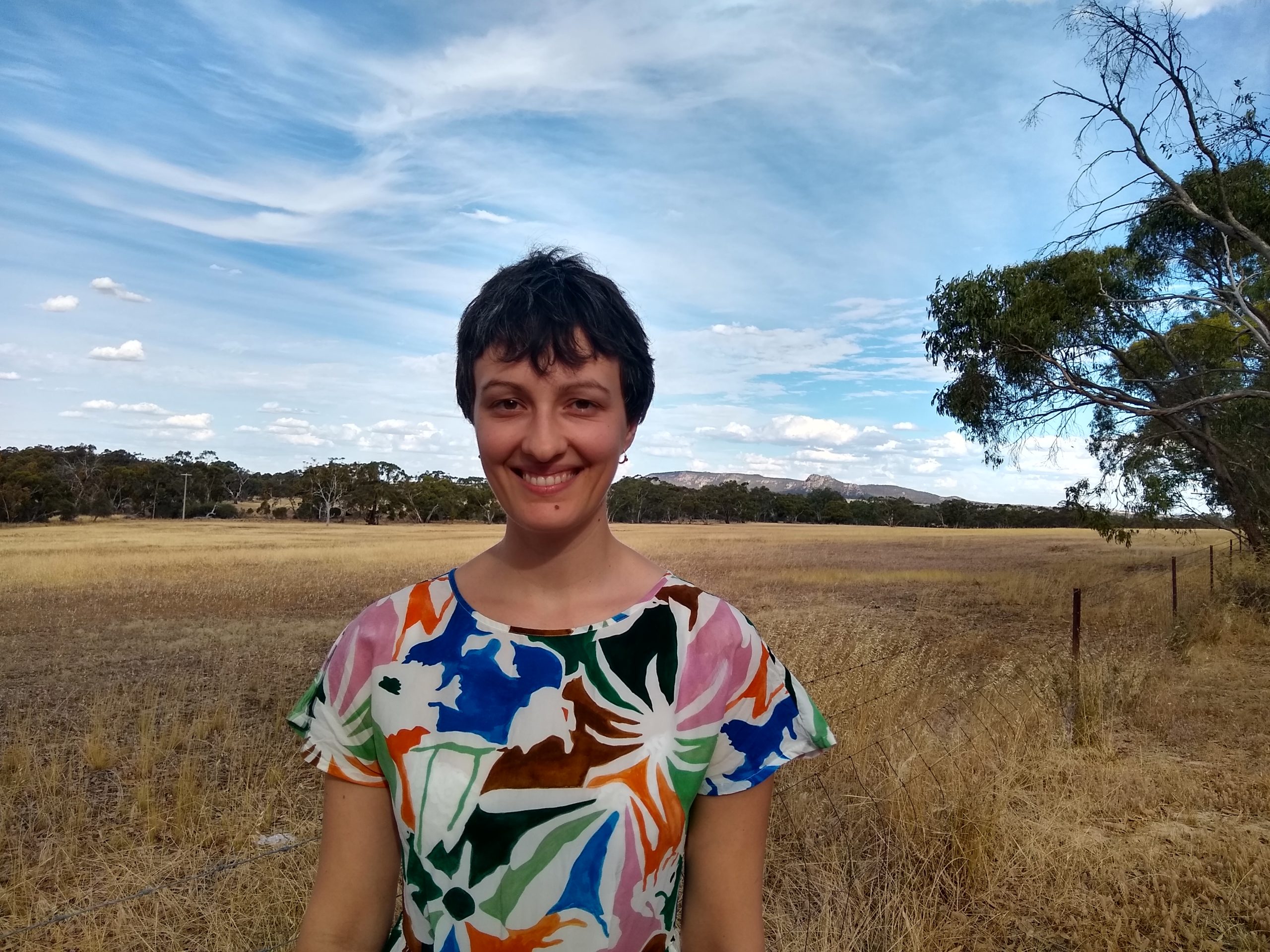
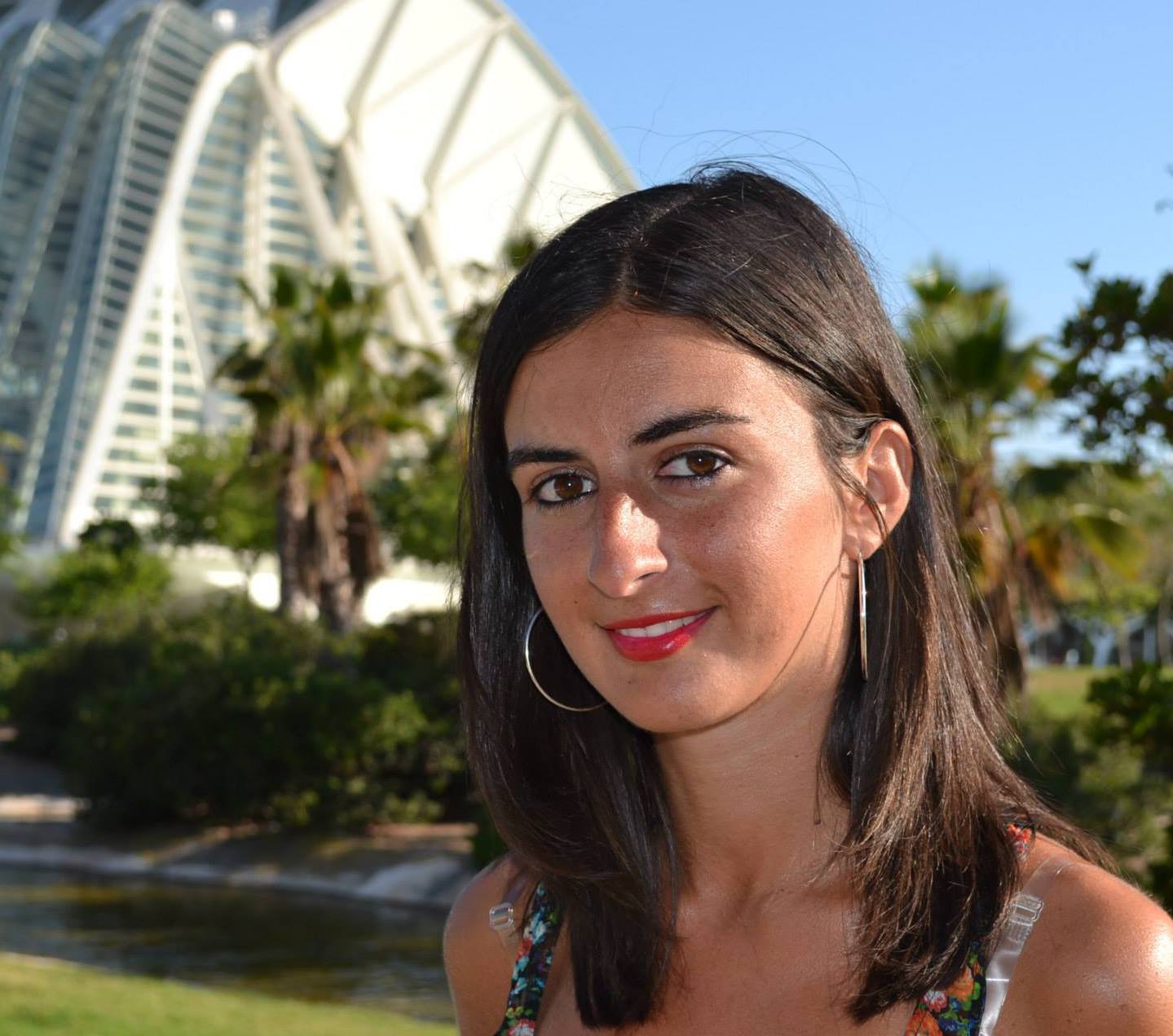
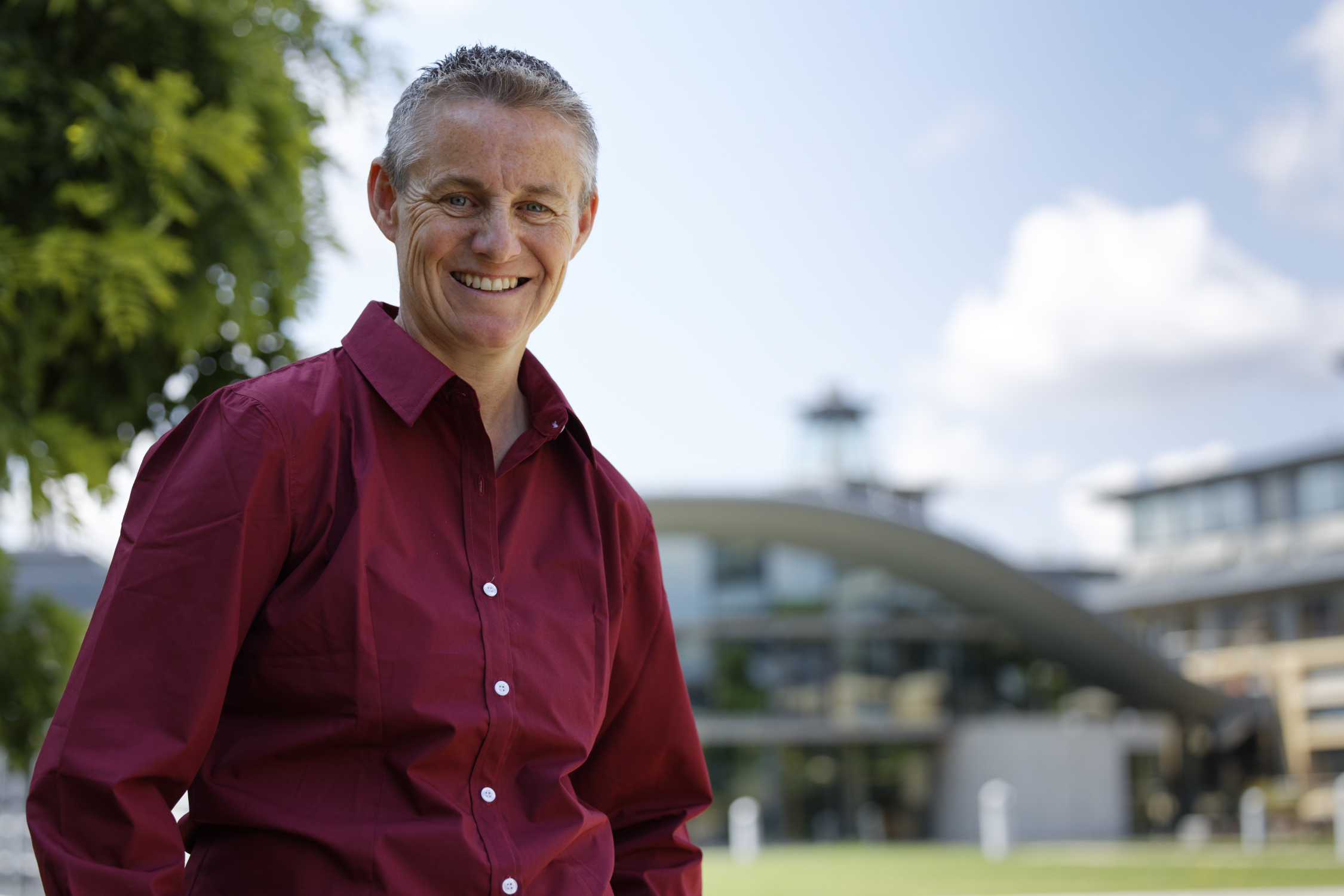

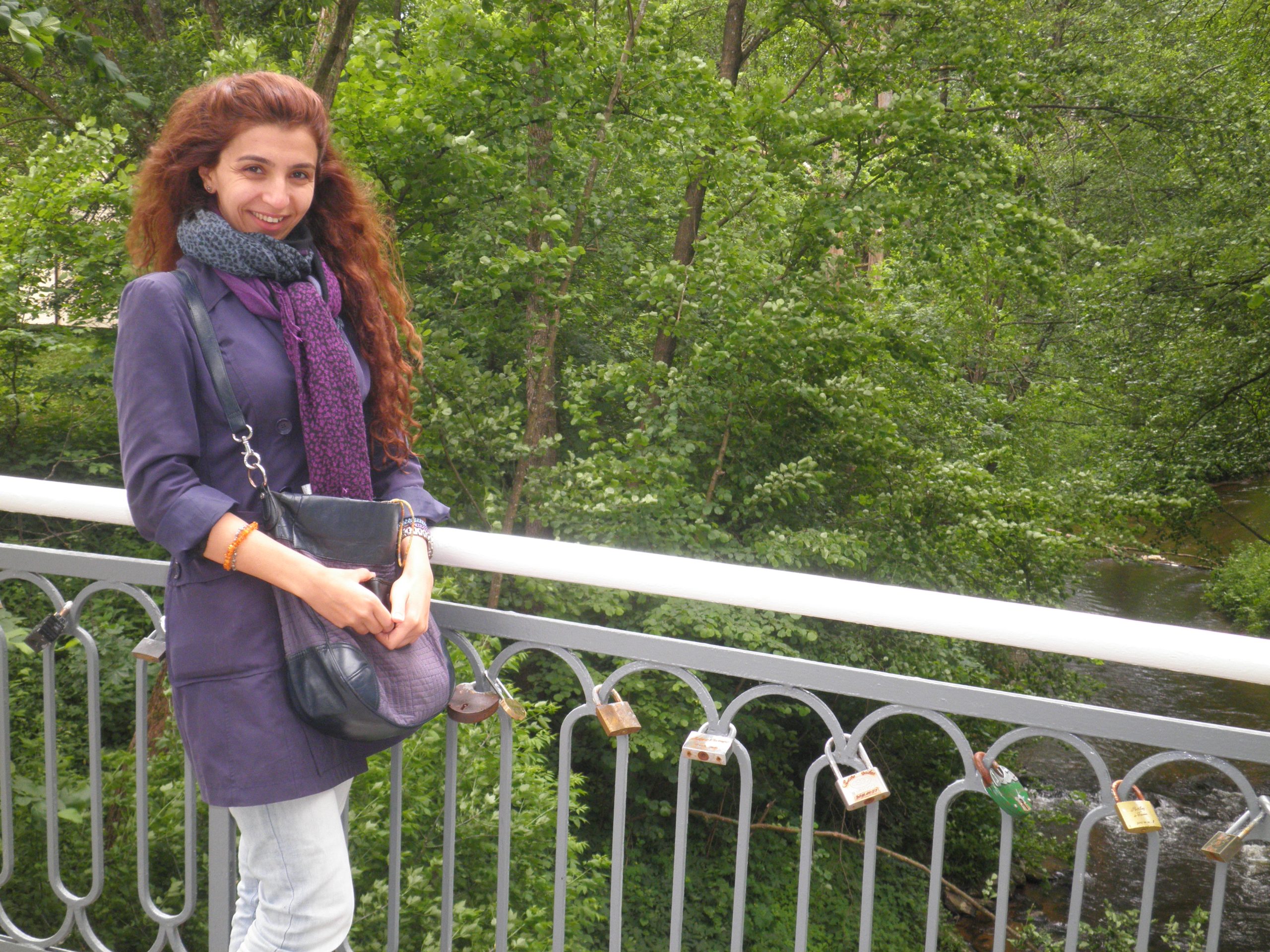
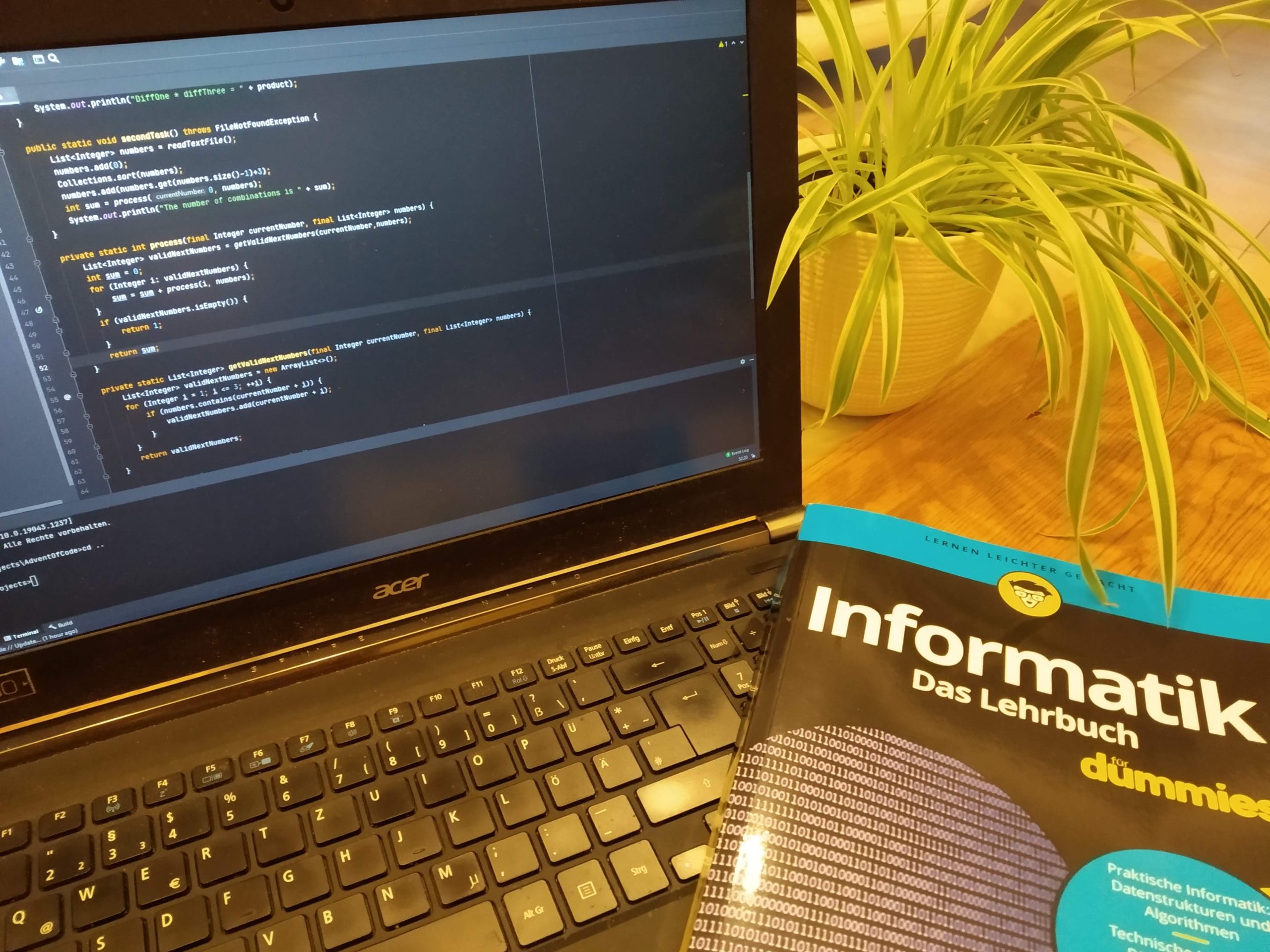

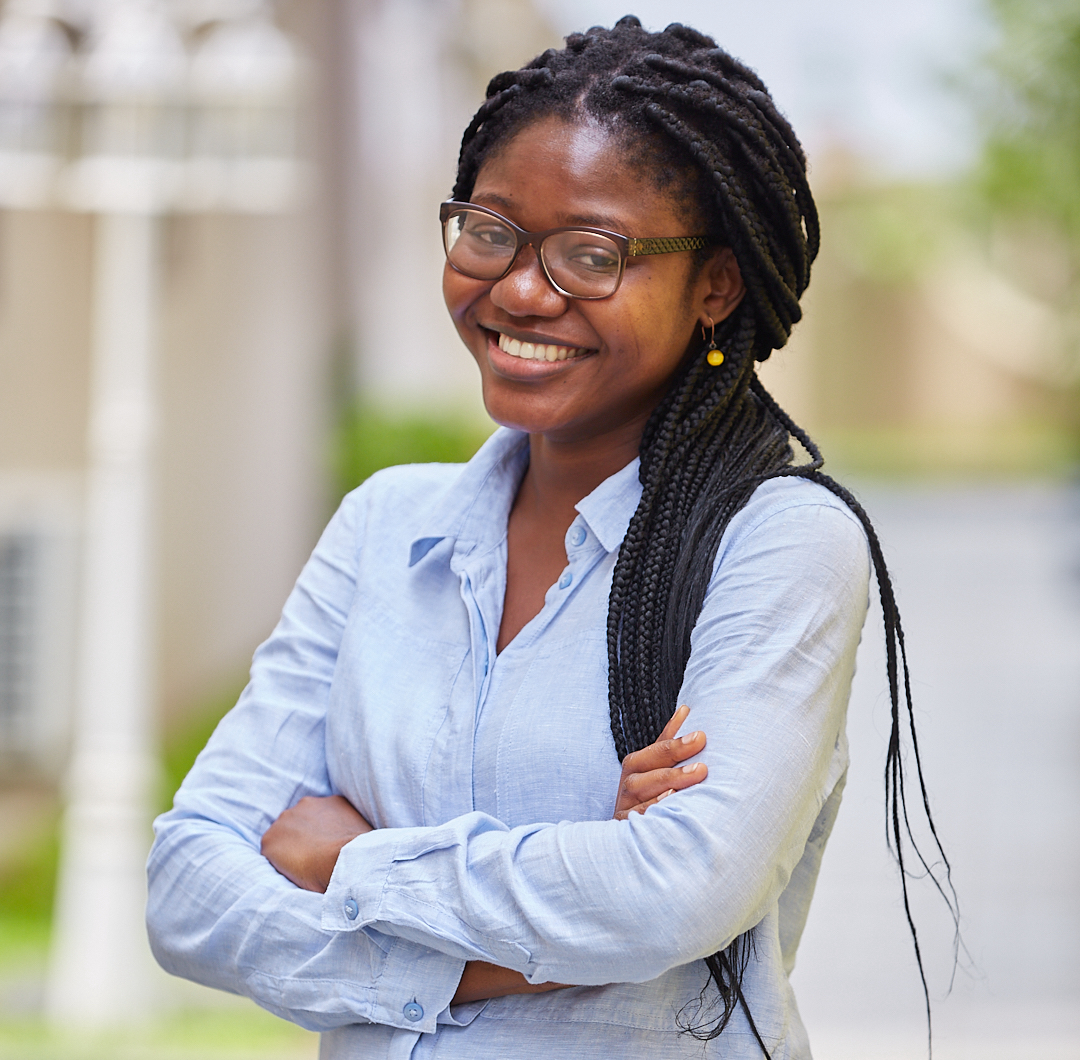
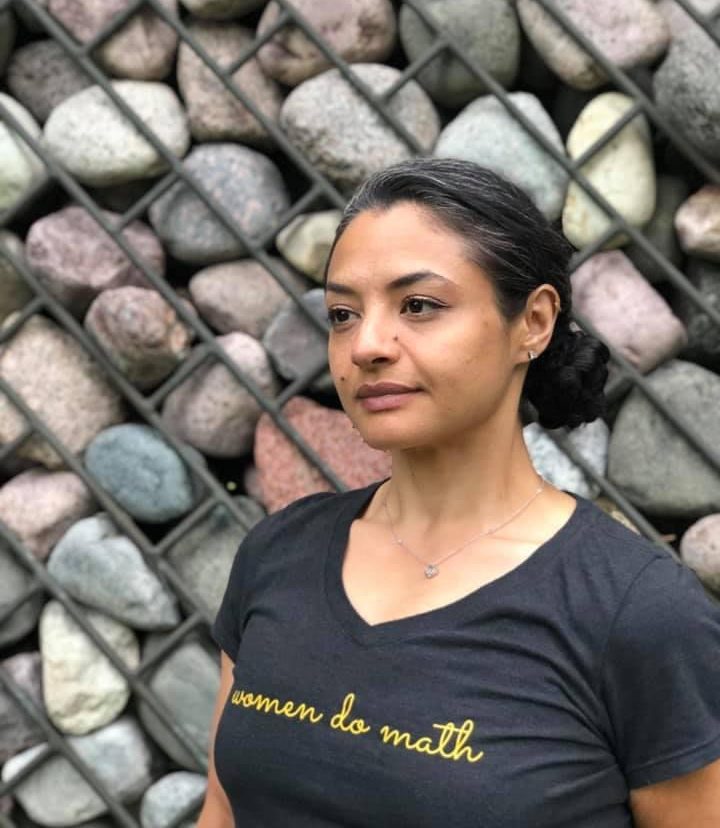
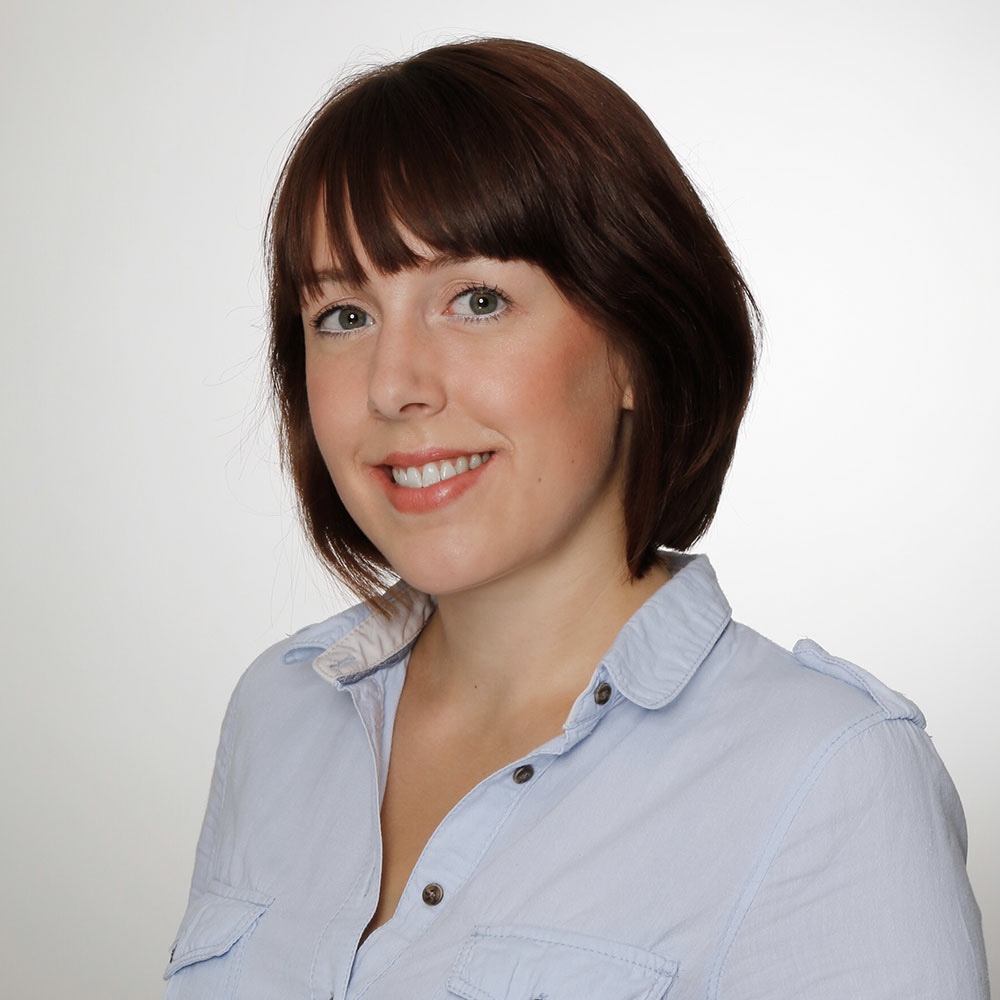

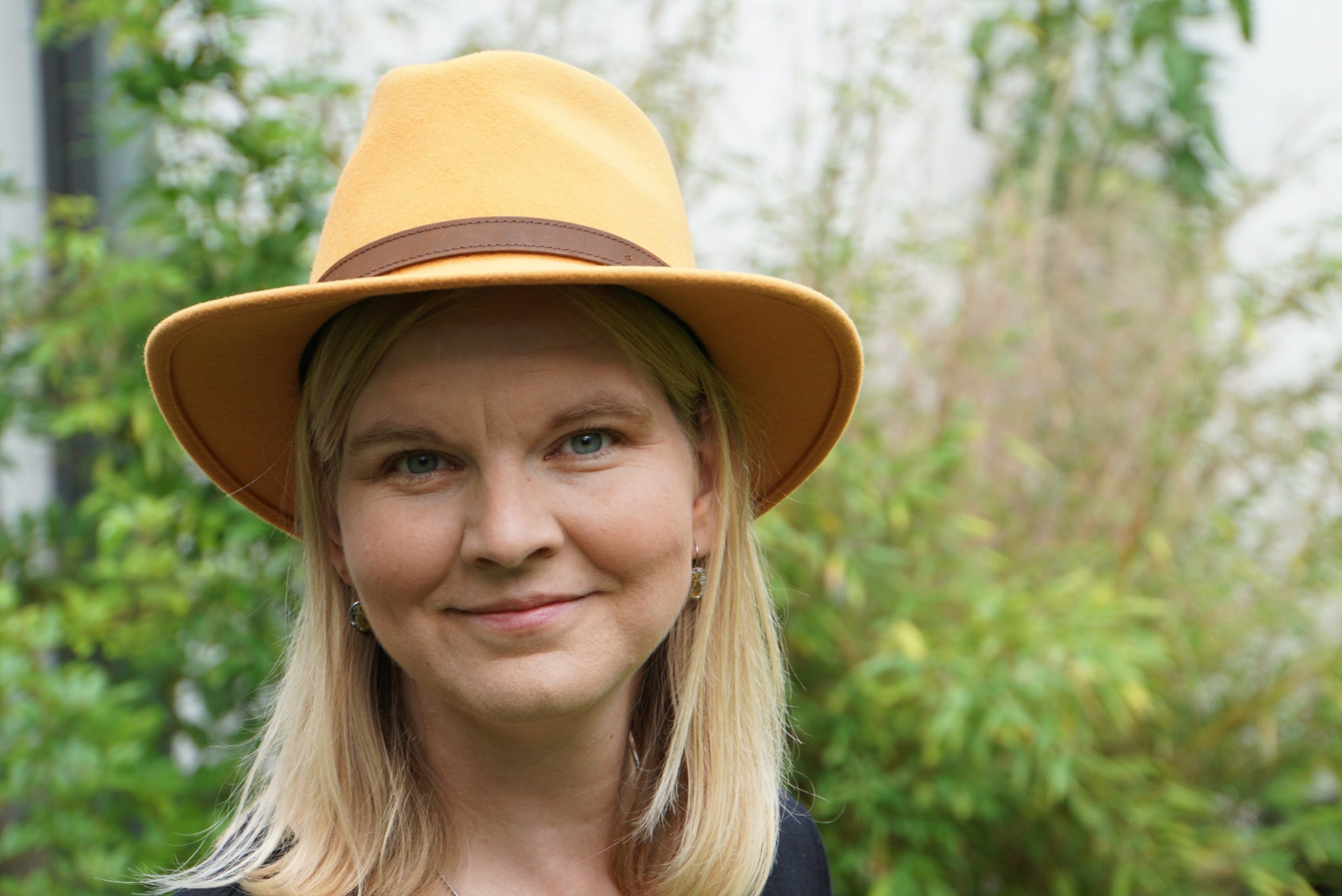
Recent Comments